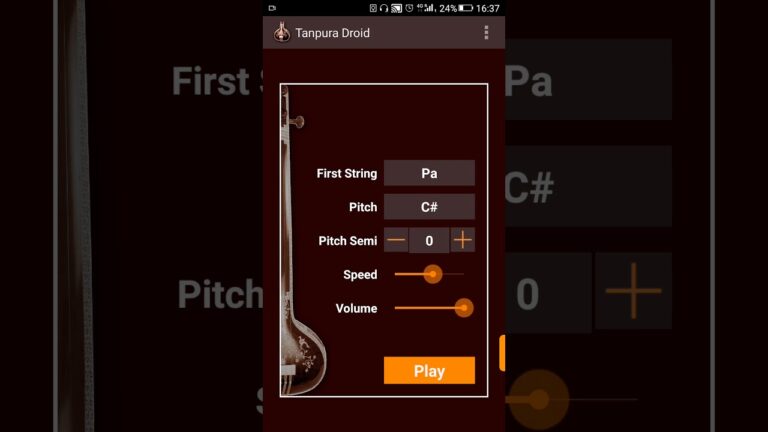Artificial Intelligence (AI) has revolutionized various fields, and music is no exception. From generating melodies to composing full songs, AI tools are making songwriting more accessible and innovative. Here’s a guide on how to use AI for songwriting and composition.
1. Understanding AI in Music
AI in music leverages machine learning algorithms to analyze vast amounts of musical data. These algorithms identify patterns and generate music that mimics various styles and genres. AI tools can assist in creating melodies, harmonies, lyrics, and even entire compositions.
2. Selecting the Right AI Tool
Choosing the right AI tool is crucial for your songwriting needs. Some popular AI tools for music composition include:
- AIVA (Artificial Intelligence Virtual Artist): Specializes in classical music and can compose symphonies and scores.
- Amper Music: Offers an intuitive interface for creating music tracks quickly.
- OpenAI’s MuseNet: Can generate compositions in various styles, from Mozart to modern pop.
3. Generating Melodies and Harmonies
AI can generate unique melodies and harmonies based on the input you provide. For instance, you can input a simple melody, and the AI will create accompanying harmonies. Tools like AIVA and MuseNet are particularly adept at this. By analyzing your input, these tools can produce sophisticated musical pieces that maintain the essence of your original idea.
4. Lyric Composition
Creating lyrics can be one of the most challenging aspects of songwriting. AI tools like OpenAI’s GPT-3 can generate lyrics based on themes, styles, or specific keywords you provide. This can help overcome writer’s block and inspire new lyrical ideas. Simply input a theme or a few lines, and the AI will generate verses and choruses that fit your song’s narrative.
5. Enhancing Creativity and Efficiency
AI doesn’t replace human creativity but enhances it. By handling repetitive tasks and offering new ideas, AI allows songwriters to focus more on the creative aspects of music. For example, Amper Music can generate a complete musical arrangement in minutes, providing a base that you can modify and personalize.
6. Iterating and Refining
Once the AI generates the initial composition, you can refine and iterate on it. This step involves adjusting melodies, tweaking lyrics, and adding personal touches to make the song uniquely yours. AI-generated music often serves as a draft that can be molded into a polished final product.
7. Ethical Considerations and Authenticity
While AI is a powerful tool, maintaining authenticity and originality in your music is essential. Ensure that the AI-generated content aligns with your artistic vision and ethical standards. Always review and edit the AI’s output to maintain a human touch in your compositions.
Conclusion
AI is transforming the landscape of songwriting and composition, making it more accessible and innovative. By integrating AI tools into your creative process, you can explore new musical possibilities and enhance your productivity. Whether you’re a seasoned musician or a budding songwriter, AI offers exciting opportunities to take your music to new heights.

